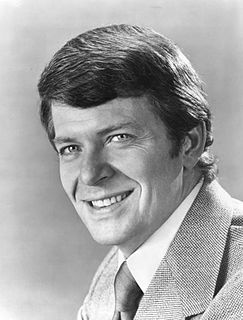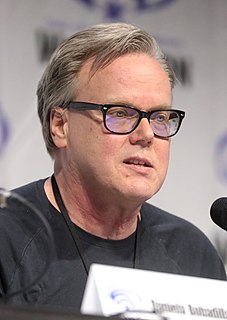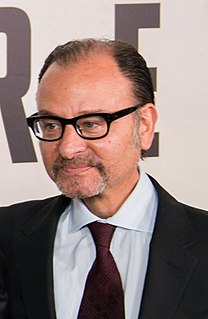A Quote by Salman Rushdie
When 'Midnight's Children' came out, people in the West tended to respond to the fantasy elements in the novel, to praise it in those terms. In India, people read it like a history book.
Related Quotes
In 1965, when I was fourteen, I read my first adult novel; it was a historical novel about Katherine of Aragon, and I could not put it down. When I finished it, I had to find out the true facts behind the story and if people really carried on like that in those days. So I began to read proper history books, and found that they did!
If you are going to write, say, fantasy - stop reading fantasy. You've already read too much. Read other things; read westerns, read history, read anything that seems interesting, because if you only read fantasy and then you start to write fantasy, all you're going to do is recycle the same old stuff and move it around a bit.
I read everything. I'll read a John Grisham novel, I'll sit and read a whole book of poems by Maya Angelou, or I'll just read some Mary Oliver - this is a book that was given to me for Christmas. No particular genre. And I read in French, and I read in German, and I read in English. I love to see how other people use language.
My fans probably know what I had for breakfast that morning. And that's the cool part. And I respond to people, if they post on my blog, I'm like, "Oh, that's really cool you read that book, that fantasy series!" It's almost like they're my friends in a sense. There's less separation. They know me more as a human being with my flaws, versus some kind of actor on a pedestal.




































